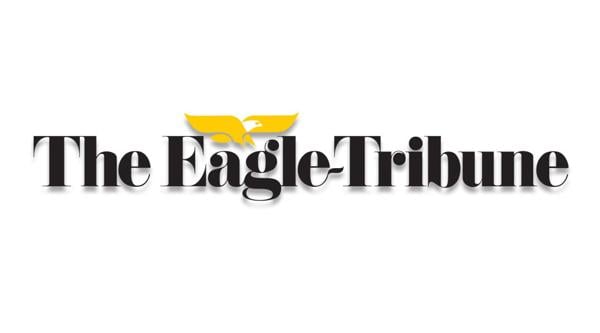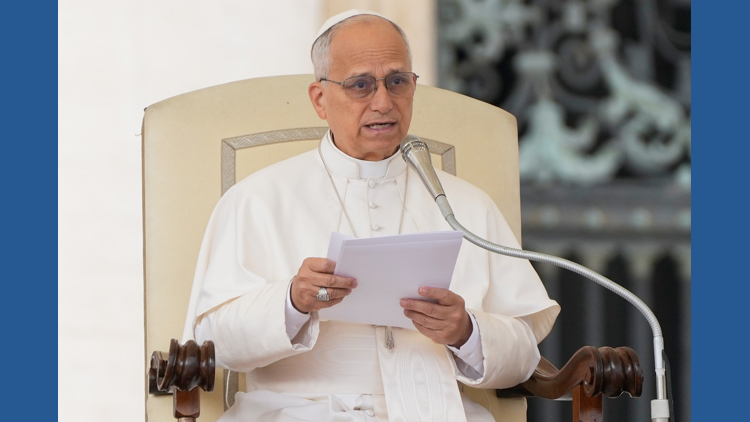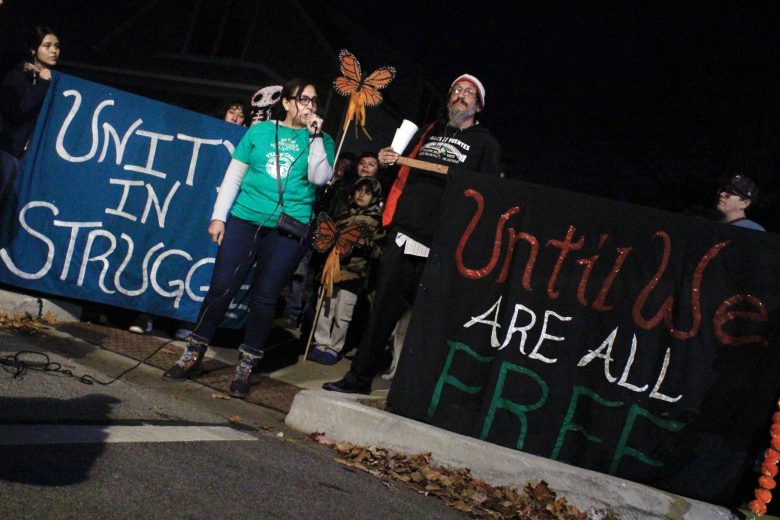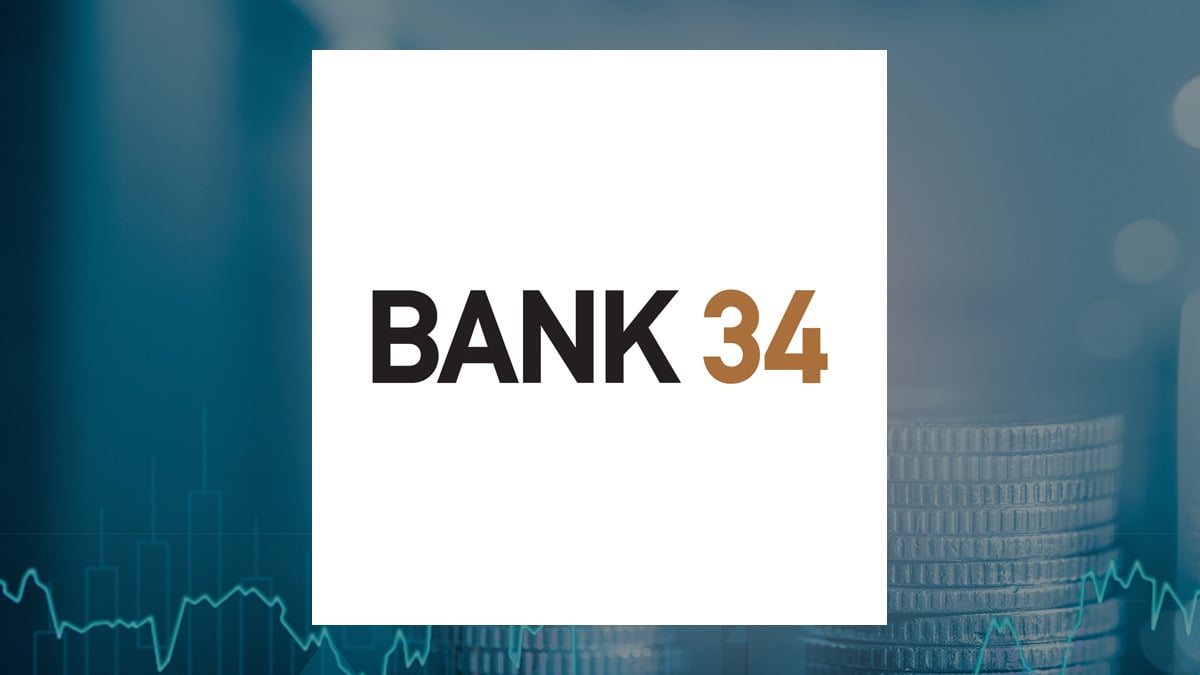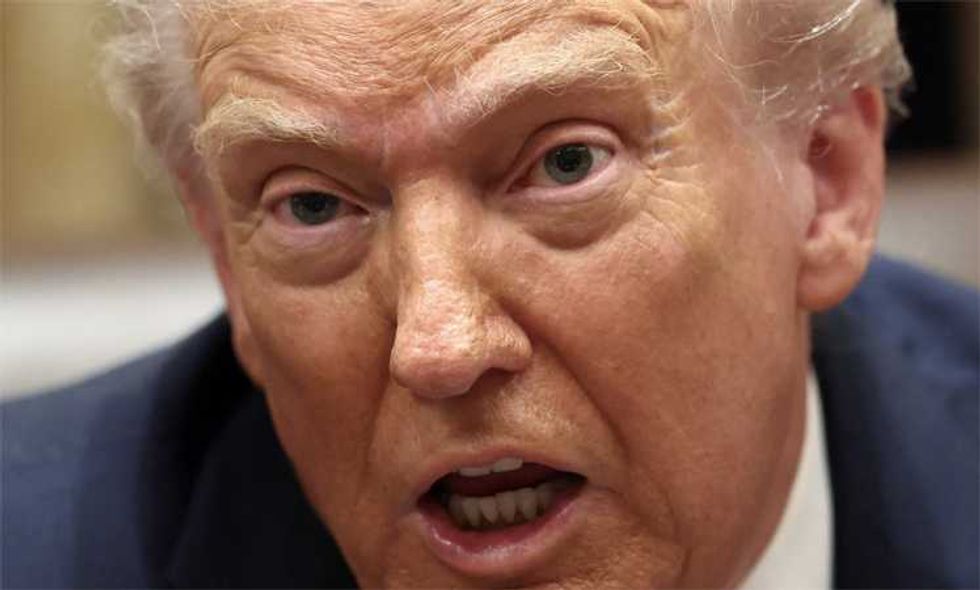Rodrigo Paz was officially inaugurated as Bolivia’s new president on October 20, 2023, marking a significant political shift after nearly two decades of governance by the Movement Toward Socialism (MAS) party. His swearing-in ceremony took place in La Paz, attended by lawmakers and foreign dignitaries, where he pledged allegiance to his country, stating, “God, country, and family, I do swear.”
Transition to New Leadership
Paz, a conservative politician, defeated former President Jorge “Tuto” Quiroga in a surprising runoff election last month. This outcome reflects a broader desire among voters for change, particularly in light of the severe fuel shortages and soaring food prices that have plagued the nation during its worst economic crisis in 40 years. With the Bolivian economy in disarray, Paz aims to implement major reforms, though he plans to do so at a more measured pace compared to Quiroga, who proposed immediate structural adjustments and sought assistance from the International Monetary Fund.
During his presidency, Paz will face the formidable challenge of revitalizing an economy that has suffered under years of one-party rule. The MAS, founded by former leader Evo Morales, enjoyed prosperity during the commodities boom of the early 2000s. However, dwindling natural gas exports and a failed economic model have left the country in a precarious position.
International Engagement and Economic Recovery
Paz’s administration is characterized by a strategic shift in foreign relations. Following his victory, he distanced Bolivia from the ALBA bloc, which includes nations like Cuba and Venezuela, instead seeking closer ties with the United States. This marks a significant diplomatic turnaround for a country that had expelled the U.S. ambassador in 2008. In his inaugural address, Paz also mentioned engaging with international financial institutions to explore potential economic assistance programs.
An initial agreement with the Andean Development Corporation has been reached for a loan of $3.1 billion aimed at supporting Bolivia’s economic recovery over the next few years. According to Michael Shifter of the Inter-American Dialogue, “After two decades of left-wing government, he can count on the goodwill of foreign investors and the international community.” However, he cautioned that Paz’s success depends on timely and effective policy implementations.
In addition to economic reforms, the new president has committed to cooperating with international security organizations, including the U.S. Drug Enforcement Administration, which had been expelled under Morales. This approach signals a willingness to address longstanding security issues in partnership with international authorities.
As Paz begins his term, he must also navigate the complexities of the Legislative Assembly, where his Christian Democratic Party holds only 39% of the 166 seats. Building alliances will be crucial for advancing his legislative agenda and ensuring the stability of his administration.
In summary, Rodrigo Paz’s inauguration as Bolivia’s president represents a pivotal moment for the nation. With significant economic challenges ahead, his leadership will be closely observed both domestically and internationally.


